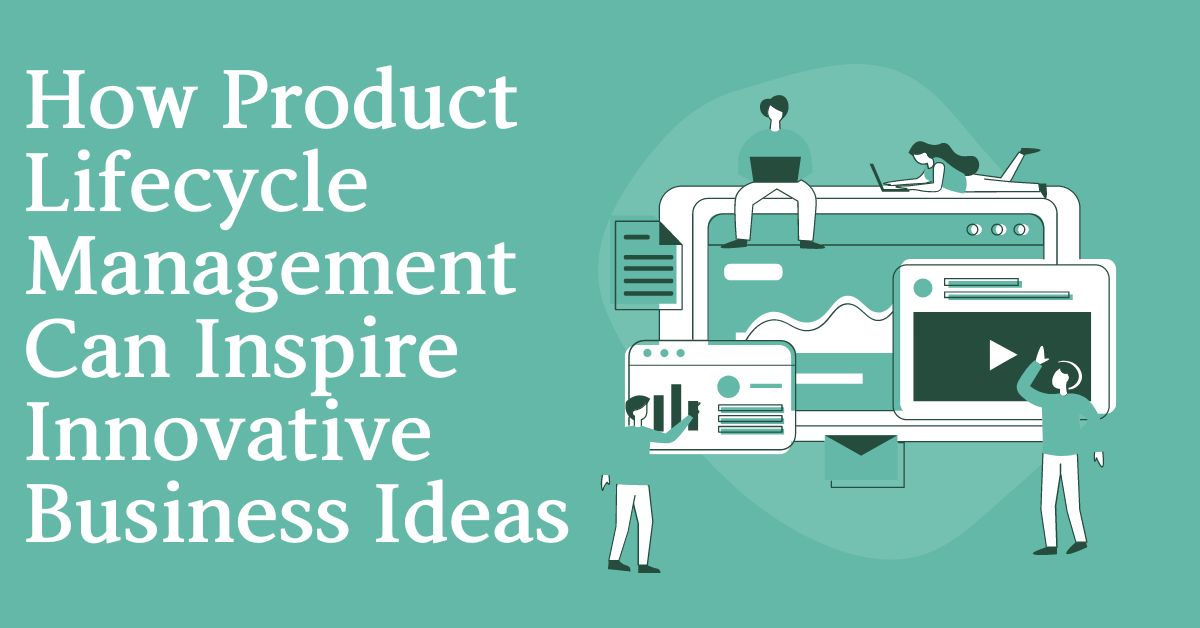Product Lifecycle Management (PLM) is often viewed as a framework for managing a product’s journey from inception to retirement. However, it’s much more than that. PLM can serve as a powerful catalyst for innovation, driving new business ideas and opportunities. Here’s how:
1. Understanding Market Needs
At its core, PLM emphasizes understanding customer needs throughout the product lifecycle. By analyzing data from each stage—development, launch, growth, maturity, and decline—businesses can identify gaps in the market. This insight can inspire innovative solutions tailored to unmet customer demands, leading to entirely new products or services.
2. Enhancing Collaboration
PLM fosters collaboration across departments—engineering, marketing, sales, and support. When diverse teams come together, they bring unique perspectives and expertise. This cross-functional collaboration can spark creative ideas and innovative approaches that might not surface in siloed environments. For example, feedback from customer service can inspire improvements in product design, resulting in a more user-friendly product.
3. Iterative Learning
The cyclical nature of PLM allows companies to learn from each product iteration. Businesses can analyze what worked and what didn’t, applying those lessons to future projects. This continuous feedback loop encourages experimentation and risk-taking, which are vital for innovation. The willingness to pivot based on real-world results can lead to groundbreaking ideas that resonate with consumers.
4. Sustainability and Circular Economy
As sustainability becomes a central concern for consumers, PLM can guide businesses in developing eco-friendly products and practices. By integrating sustainability into the product lifecycle—from design to disposal—companies can innovate not only in terms of product features but also in how they operate. This shift towards a circular economy can lead to new business models, such as product-as-a-service or take-back schemes, creating fresh revenue streams.
5. Leveraging Technology
Modern PLM tools often incorporate advanced technologies like AI, IoT, and big data analytics. These tools provide real-time insights into product performance and customer behavior, allowing businesses to anticipate trends and adapt quickly. By leveraging these technologies, companies can identify new opportunities for innovation, whether that’s through improved product functionality or enhanced customer experiences.
6. Creating a Culture of Innovation
For PLM to truly inspire innovative business ideas, it needs to be integrated into the company culture. Encouraging teams to think creatively about each stage of the product lifecycle can lead to breakthroughs. This might involve hosting brainstorming sessions, fostering a mindset of continuous improvement, or rewarding innovative ideas that arise from the PLM process.
7. Exploring New Markets
PLM allows businesses to analyze the performance of their products across different regions and demographics. By understanding how products are received in various markets, companies can identify opportunities for expansion or diversification. This insight can lead to innovative adaptations of existing products or the development of entirely new offerings tailored to different cultural or regional needs.
Conclusion
Product Lifecycle Management is not just a series of steps to follow; it’s a strategic approach that can unlock innovation. By embracing PLM’s principles, businesses can gain deeper insights into their customers, enhance collaboration, and create a culture that values continuous learning and improvement. The potential for new ideas is vast—by looking at the product lifecycle through an innovative lens, companies can not only thrive but also lead in their industries.
